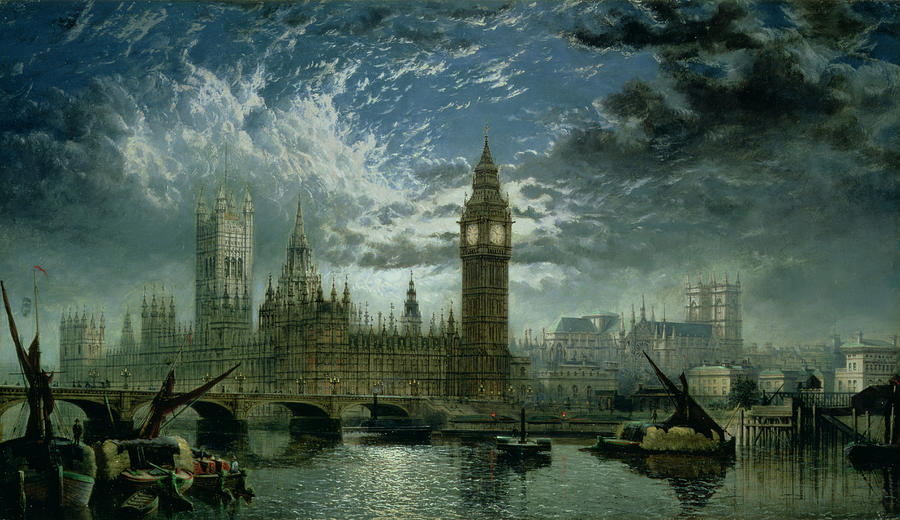Uncertain might be the most obvious word that comes to mind when imagining life post-May 7th. With Labour and the Conservatives polling neck and neck with the record lowest combined share of public opinion, the Greens and UKIP coming face to face with the Lib Dems, like an awkward encounter in a stairwell, and the SNP looking to take almost every seat in Scotland after a referendum campaign they couldn’t lose, all bets seem to be off this time around.
The only thing we can rely on at this point is a generous helping of cynicism. The Conservatives are rightly berated for dismembering public services with a blunt machete also known as George Osborne, and handing the proceeds to the rich so blatantly that you can only imagine they speed-read Robin Hood rather badly. On the other hand, Labour is faced with almost no popular support for its leader and a lose-lose situation of either being dismissed for being too Tory, or provoking outrage for not doing enough about the deficit (‘for when you gaze long into the deficit, the deficit gazes also into you’). UKIP is a nonsense party founded on the bizarre notion that the best way to challenge the establishment is to out-establishment the establishment, the Lib Dems are all but a laughing stock – actually, ‘sorry’, they are a laughing stock – and the Greens, well, that’s a good question.
I actually find myself extremely attracted to the fresh approach of the Greens, a genuine and intriguing challenge to the establishment in contrast to some other parties. Unfortunately, in a first past the post system, the scope for success when challenging the political establishment is slim to nil. Whilst I’d love to see the Green Party taking some seats in this election and proving themselves in power, I just can’t see them winning a majority outside of a few progressive constituencies. In the meantime, us exasperated lefties can gorge ourselves on the vicarious, meteoric success of Syriza, a truly bold left-wing, secularist party that demonstrates to the rest of us that cynicism, bet-hedging and conformism aren’t the only routes to political success. No, I’d much rather see a Labour government (even with the SNP, Lib Dems and/or Greens pasted on) than the likely alternative, a Tory/UKIP chimera with the chain-smoker’s lungs of Nigel Farage, the unfiltered vocal chords of Godfrey Bloom, the cold, unfeeling eyes of David Cameron, and the Bullingdon-esque pretensions of – well, the Conservative party.
On a serious note, this election could feasibly end in a coalition government headed by lapdogs of big business who are already promising tax cuts for the rich whilst planning huge public spending cuts – and bringing back hunting (prey yet to be specified, though thought to include Romanians to get UKIP on side). As reprehensible as the idea of a tactical vote is, if voting Labour will fight this beast, I can sit and wait for proportional representation for a while longer.

